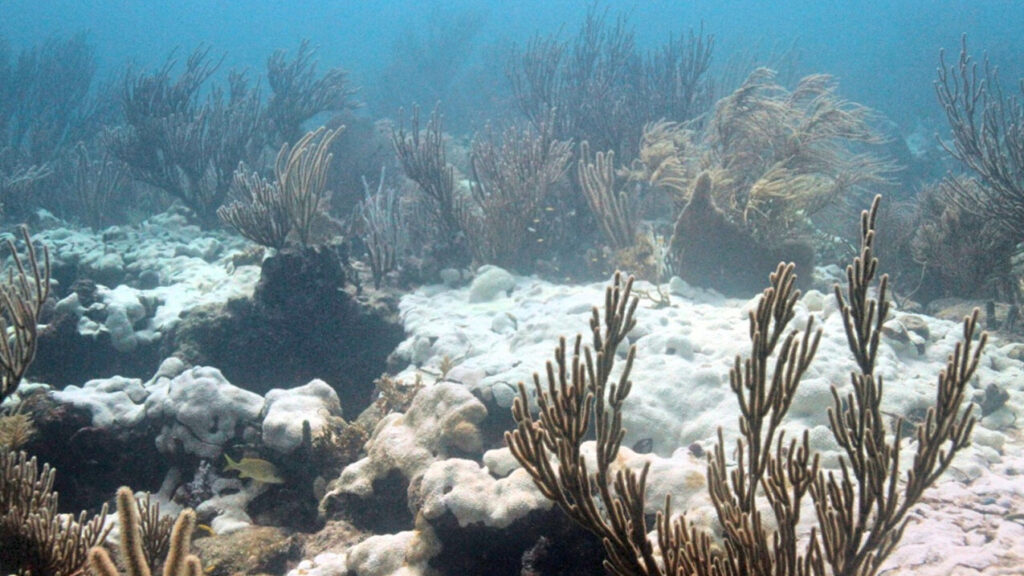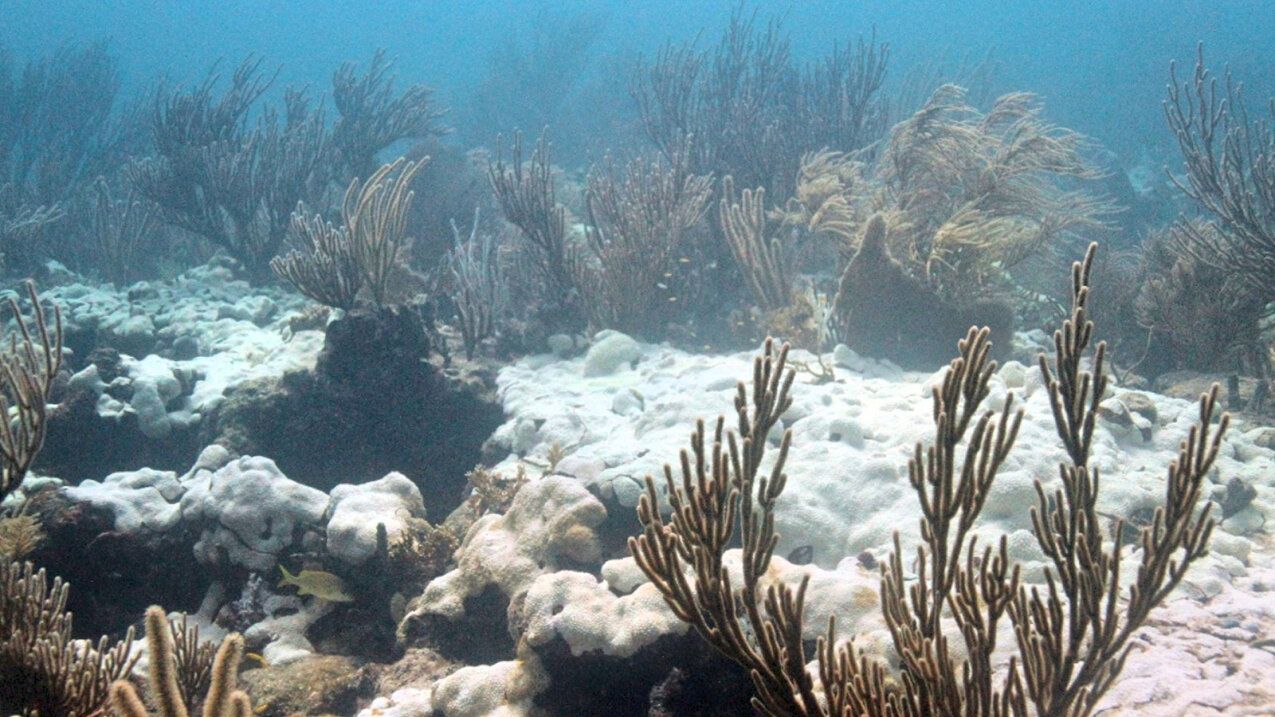
A recent study has raised alarming concerns about the Indian Ocean’s escalating temperature trends, predicting a near-permanent heatwave state that could intensify severe weather events, including cyclones and heavy rainfall. The study, led by Roxy Mathew Koll of the Indian Institute of Tropical Meteorology Pune, highlights the potential risks to marine ecosystems, rising sea levels, and adverse impacts on coastal communities.
According to the study published by Elsevier, the Indian Ocean is experiencing significant warming trends, with surface temperatures projected to reach between 28.5 degrees and 30.7 degrees Celsius by the end of the century. This warming trend is expected to contribute to the frequency and intensity of extreme weather events, including cyclones and heavy rainfall.
One of the key findings of the study is the projection of marine heatwaves increasing over tenfold, from 20 days per year to a staggering 220-250 days annually. This shift threatens to push the tropical Indian Ocean into what the study terms a “near-permanent heatwave state,” with profound implications for marine life, coral reefs, and coastal livelihoods dependent on fishing.
The lead author, Roxy Mathew Koll, emphasized the urgent need for action, stating, “These extreme weather events will amplify in intensity and frequency unless decisive action to adapt and mitigate climate change is taken now.”
The study also highlights the impact of ocean warming on sea levels, contributing significantly to rising sea levels in the Indian Ocean. Additionally, ocean acidification is predicted to increase, posing risks to marine ecosystems and organisms sensitive to changes in pH levels.
The study’s projections also raise concerns about the Indian Ocean Dipole and its potential impact on monsoon patterns and cyclone formation. Changes in the frequency and intensity of extreme dipole events could have adverse effects on monsoon-dependent regions like India.
The authors of the study underscore the importance of reducing carbon emissions and taking immediate action to address the warming trends in the Indian Ocean. Thomas Frolicher, one of the authors, emphasized the urgency, stating, “The Indian Ocean, a climate change hotspot, faces rapid and strong increases in marine heatwave frequency and intensity unless global CO2 emissions are substantially cut.”
Sources By Agencies


